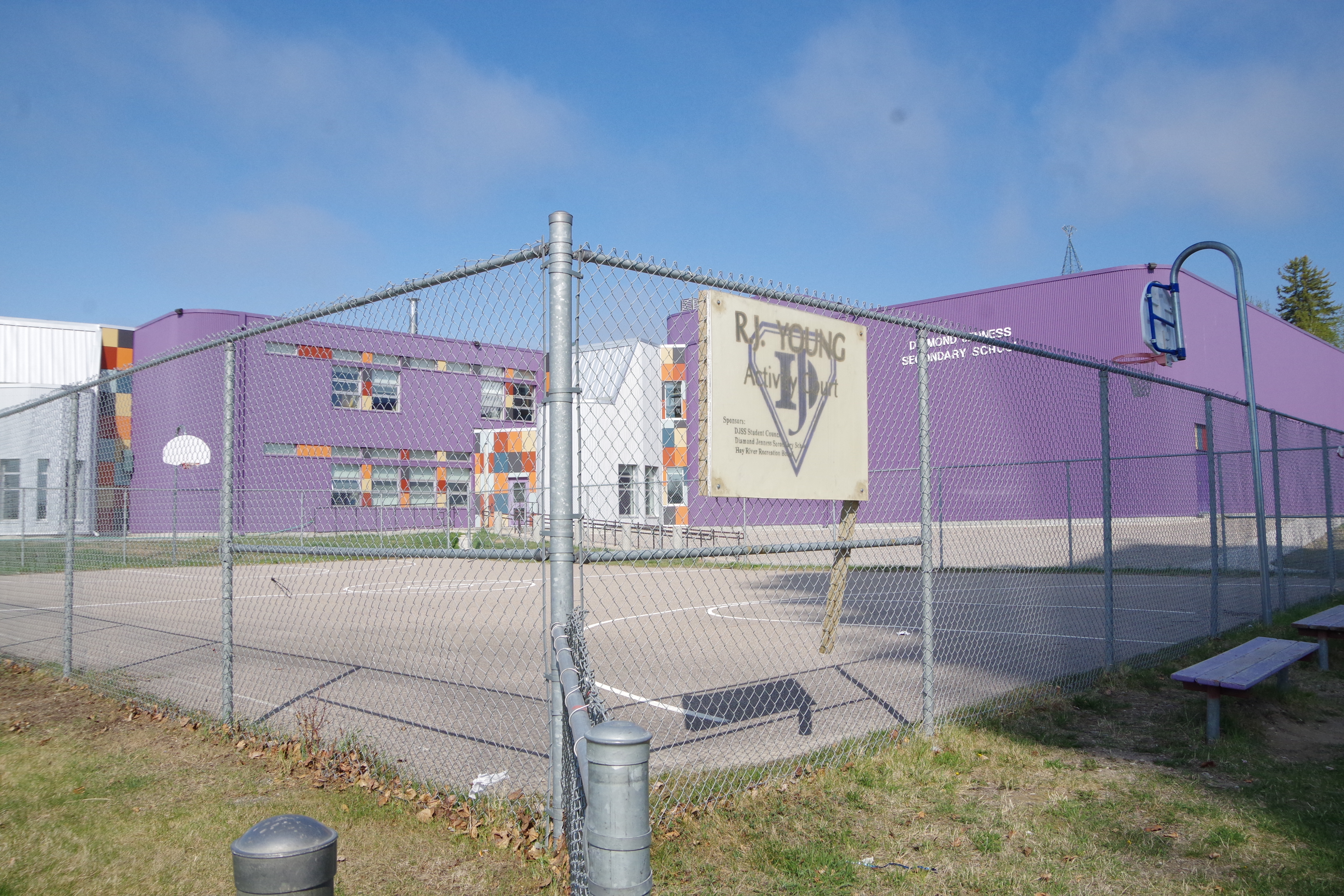School busses in Hay River are set to be cancelled for the upcoming school year due to budget shortfall, if more funding isn’t found.
Mark Harris, chairperson of the Hay River District Education Authority, says a letter was sent out this past week to parents, warning them that unless more funding was provided bus services would be suspended for the upcoming school year.
MLAs say the region’s education council should make some of its budget surplus available, but the council says it’s underfunded and has no room in its surplus to increase funding for bussing services.
Speaking in the Legislative Assembly on May 28, MLA for Hay River South Rocky Simpson said that the Hay River District Education Authority’s decision was made due to a lack of funding, and will ultimately hurt students.
“The community of Hay River extends from Paradise Valley to the West Channel, a distance in excess of 30 kilometres,” said Simpson. “It is unrealistic to expect students to walk to school. This becomes an issue of not only student safety, but access to education.”
Simpson says the $70,000 budget shortfall the district authority has every year has caused the three schools in the town to cut bus routes and implement ridership fees, which has led to a drop in school attendance and some students dropping out.
Now with bus services suspended entirely for the 2021-22 school year, Simpson said lower income students and Indigenous students will be impacted harder than most.
“This government expects students to attend school, for those that come from affluent families, it may not be a challenge,” said Simpson. “But for many in Hay River, it will require a 40 kilometre return walk home.”
According to Harris, around 170 students will be impacted. Harris said ridership has dropped from the maximum of 210 since ridership fees were introduced in 2019.
He added bus services are an “essential and necessary service”, and if funding was given so ridership fees could be erased, the busses would be at their maximum capacity.
“We’re a pawn in the middle of this, it needs to be straightened out between the SSDEC and the ECE,” said Harris. “We’re tired of receiving less and being asked to do more.”
Simpson added that the South Slave South Slave Divisional Educational Council (SSDEC) — who receives GNWT funding and then distributes it to education authorities, including Hay River’s — has a surplus of around $3 million, which he says it should spend on keeping bussing services running.
“What it does say is that our children’s education is not as important as the bureaucracy that is unwilling to release some of that 3.3 million surplus,” said Simpson.
“If the South Slave Divisional Education Council is not willing to step up, then I would suggest they step down or be removed by the Minister of Education.”
In a letter, sent to Mark Harris, the Chairperson of the Hay River District Education Authority, Ann Pischinger, chair of the SSDEC said there is “no longer any extra pie (surplus) to divvy up, meaning that approving one [district’s] request can only occur if there are reductions elsewhere in order to fund it.”
In the letter, Pischinger says back-to-back budget deficits mean the SSDEC’s surplus has been reduced to around $500,000.
“This is very low and already puts the SSDEC at risk of not being able to meet payroll in months when ECE contributions are smaller than payroll,” she wrote.
She added that the Department of Education, Culture and Employment’s funding formula for school busses is “inadequate for the level of bussing services the HRDEA has and wishes to continue.”
ECE Minister R.J. Simpson, the MLA for Hay River North says the issue isn’t money but a political one.
“There’s money in the bank, the member referenced that there’s — in the last annual report —$3.2 million,” he said. “I’m sure that’s gone down because of the costs associated with COVID. But nonetheless, this isn’t a case where the money doesn’t exist. It’s a case where a decision has been made to not allocate that money.”
But Pischinger said the SSDEC won’t have enough budget flexibility to increase funding for Hay River’s busses so it can continue its current level of service.
Other similar sized communities, like Fort Smith, who receive funding from the SSDEC pischinger says are able to afford to keep busses running by cutting administrative costs, bus routes and charging a higher fee for students to use the bus.
But Rocky Simpson said it was essential that bussing services be provided to students in Hay River for free.
Pischinger added if the budget surplus comes in higher than expected for next year, the council will revisit its decision not to increase funding.




